How Efficient are Engines: Thermodynamics and Combustion Efficiency
Por um escritor misterioso
Last updated 21 setembro 2024
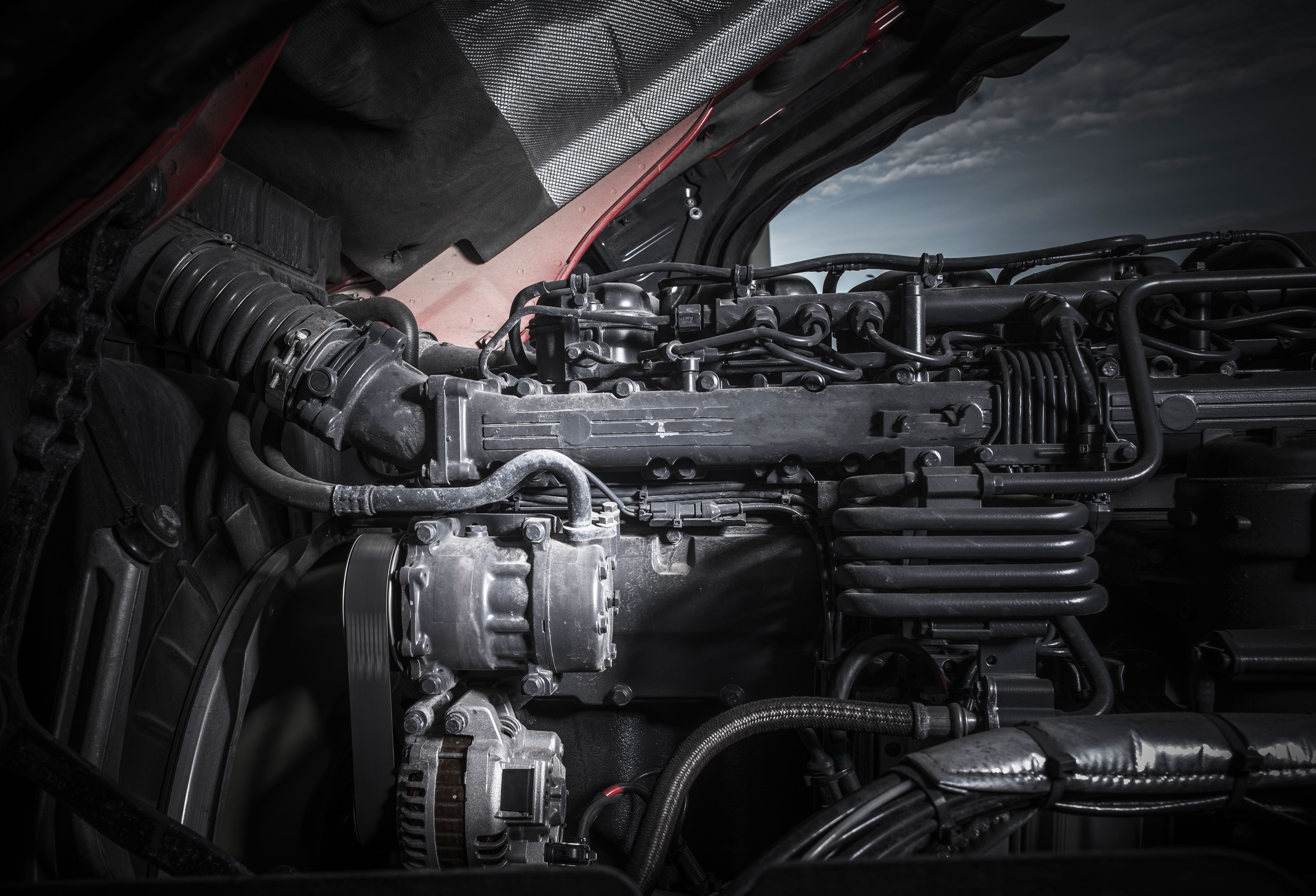
How efficient are engines? Combustion engines are stupefyingly inefficient. Most diesel engines do not even have a thermal efficiency of 50%. And, gasoline-powered vehicles are even more inefficient, considerably.
Why engine efficiency low at part load? - Quora

Maximum efficiencies for internal combustion engines: Thermodynamic limitations - Jerald A Caton, 2018
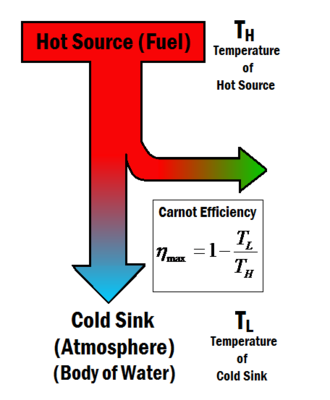
Carnot efficiency - Energy Education
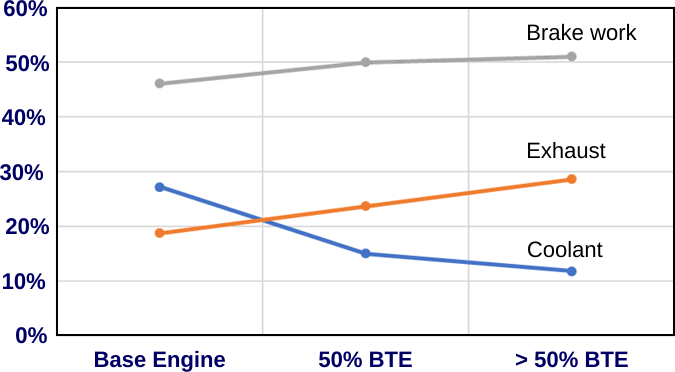
Engine Efficiency

Engine Efficiency and Thermodynamic Cycles

15.4 Carnot's Perfect Heat Engine: The Second Law of Thermodynamics Restated – College Physics: OpenStax
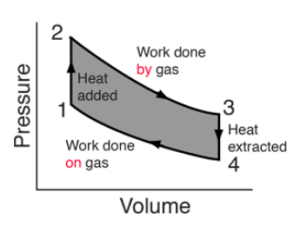
Heat Engine Efficiency

Eg 261 - 2-4 laws of thermodynamics and thermodynamic efficiency

Unleashing up to 10X More Power: How This Revolutionary Engine Is Transforming Everything from Hybrids to Drones

Engine Thermal Efficiency - an overview

Introduction to the Second Law of Thermodynamics: Heat Engines and Their Efficiency
Recomendado para você
-
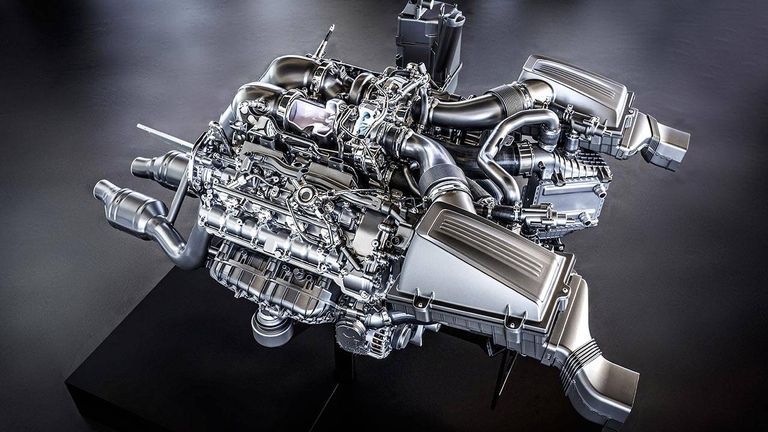 The 21 Best Engines on Sale Today - Road & Track21 setembro 2024
The 21 Best Engines on Sale Today - Road & Track21 setembro 2024 -
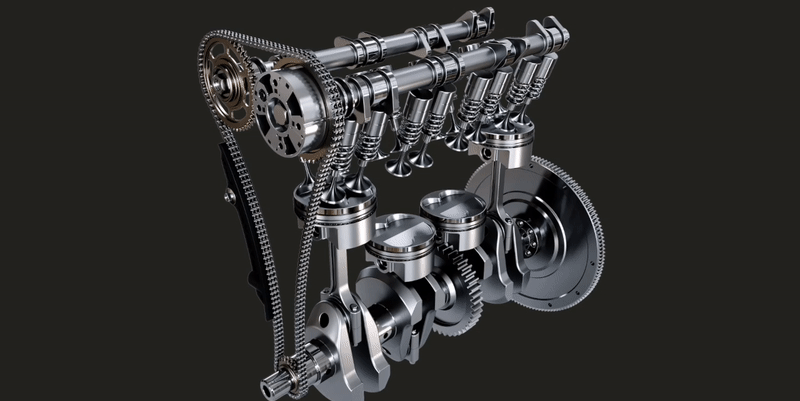 Here's How Your Car's Engine Works21 setembro 2024
Here's How Your Car's Engine Works21 setembro 2024 -
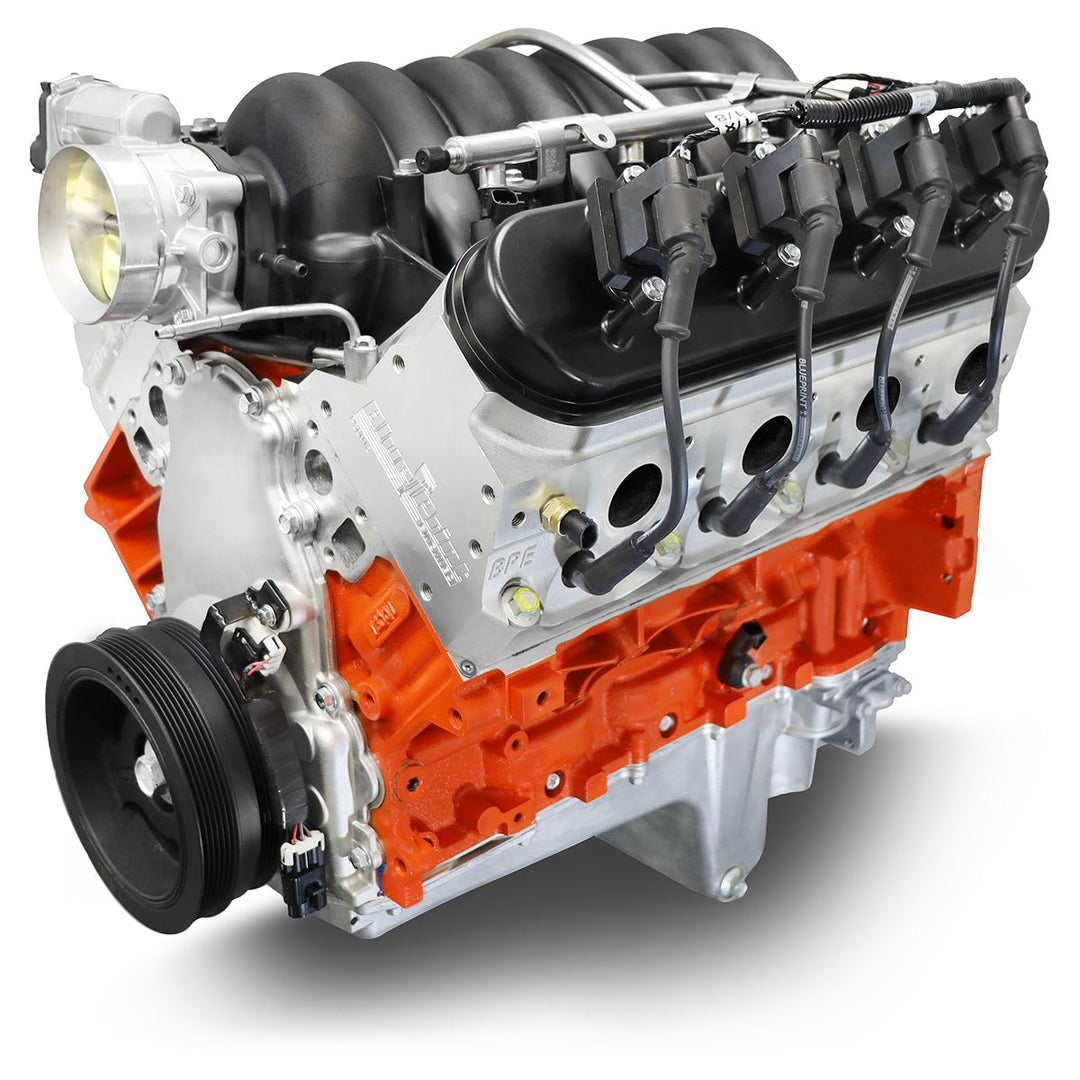 GM LS Compatible 427 c.i. ProSeries Engine - 625 HP - Base Dressed - F – BluePrint Engines21 setembro 2024
GM LS Compatible 427 c.i. ProSeries Engine - 625 HP - Base Dressed - F – BluePrint Engines21 setembro 2024 -
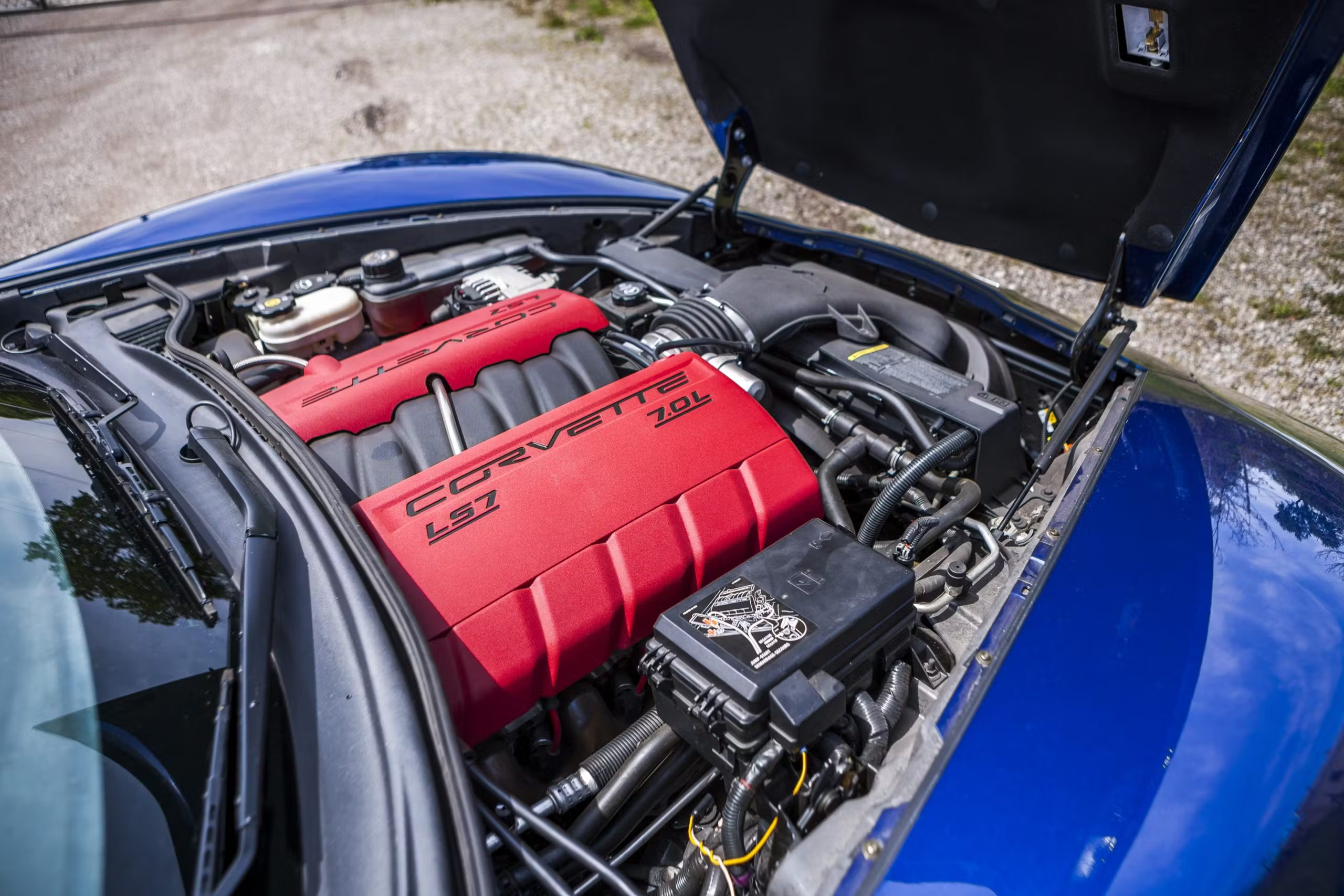 According to you: The best engines you've ever experienced - Hagerty Media21 setembro 2024
According to you: The best engines you've ever experienced - Hagerty Media21 setembro 2024 -
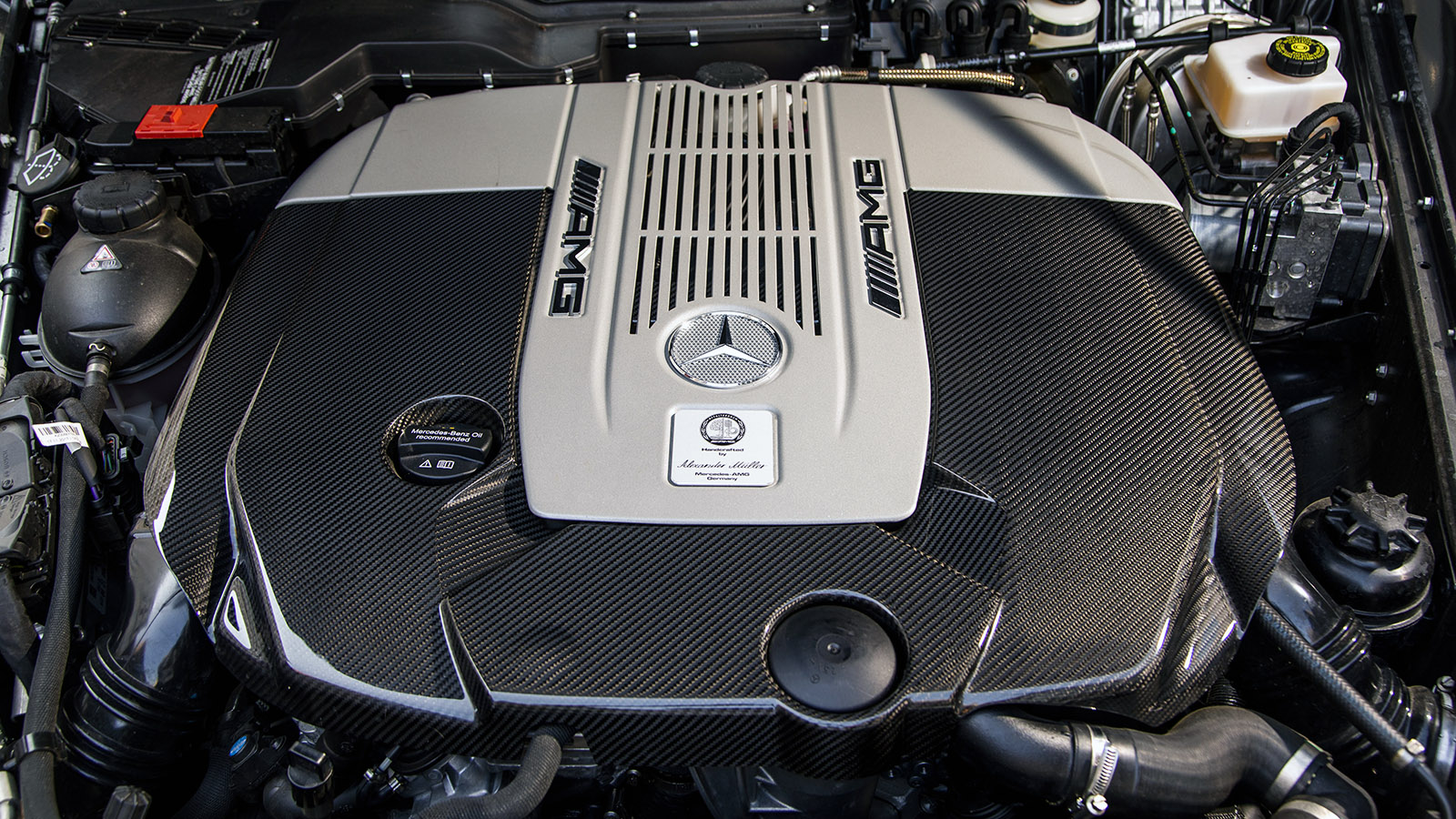 How Car Engines Work21 setembro 2024
How Car Engines Work21 setembro 2024 -
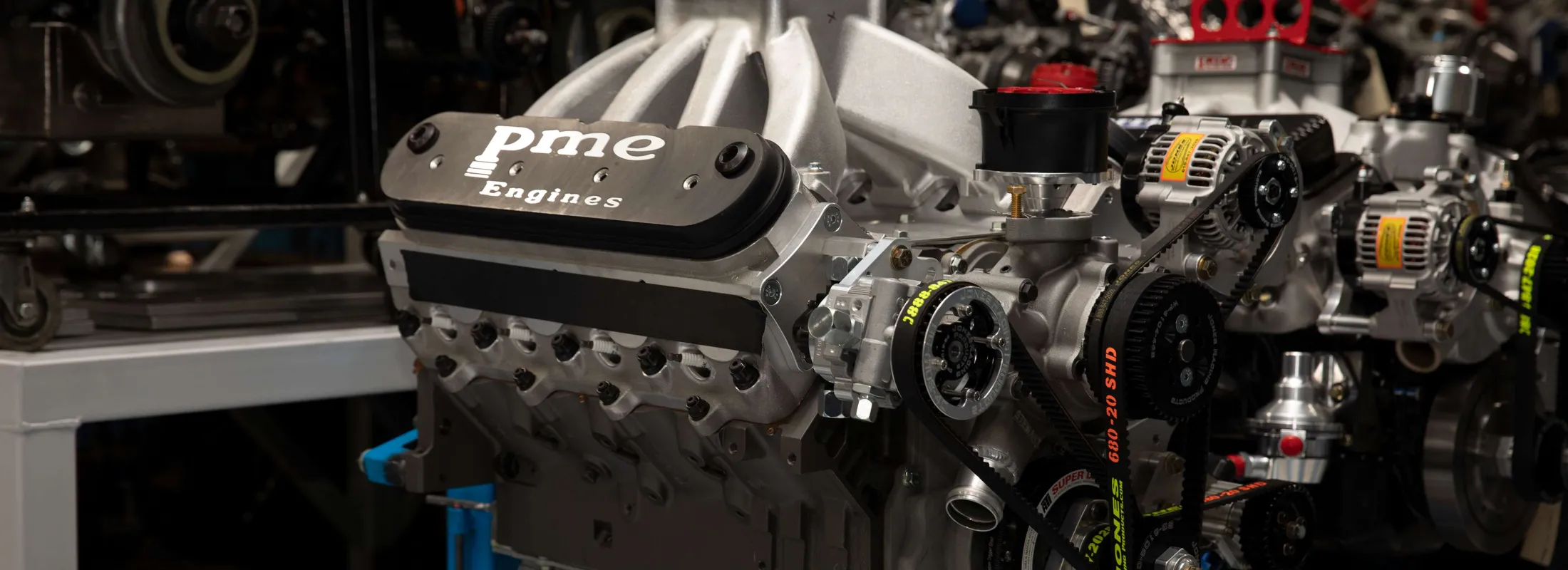 Engine Building and Parts Manufacturing21 setembro 2024
Engine Building and Parts Manufacturing21 setembro 2024 -
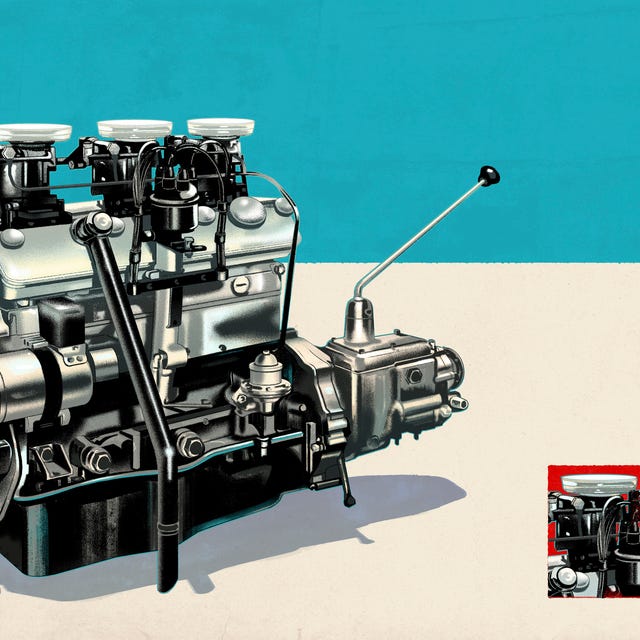 Why Inline-Six Engines Are Timeless21 setembro 2024
Why Inline-Six Engines Are Timeless21 setembro 2024 -
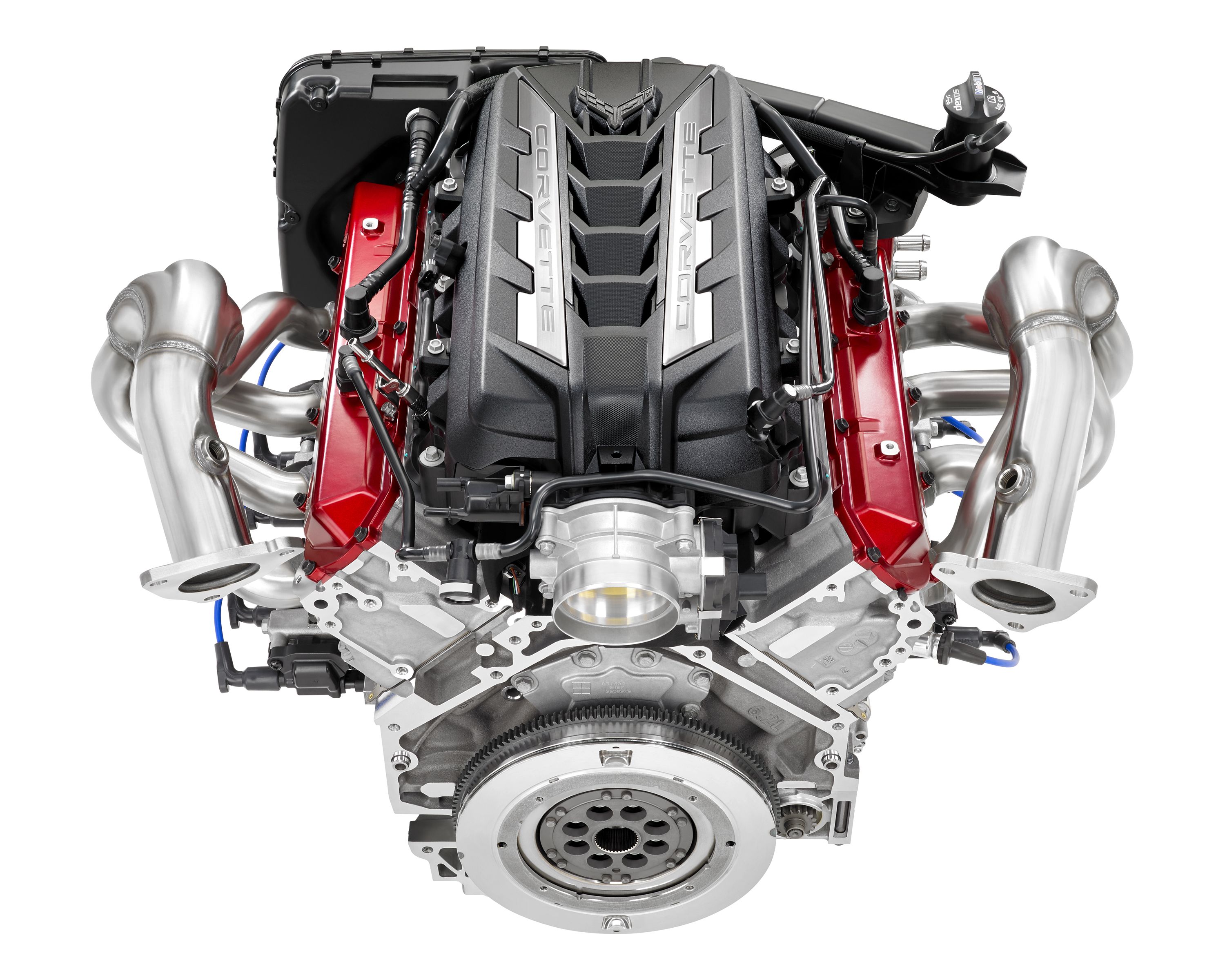 11 of the Longest-Lived Engine Families You Can Buy New Today21 setembro 2024
11 of the Longest-Lived Engine Families You Can Buy New Today21 setembro 2024 -
 JASPER remanufactured engines, transmissions & differentials21 setembro 2024
JASPER remanufactured engines, transmissions & differentials21 setembro 2024 -
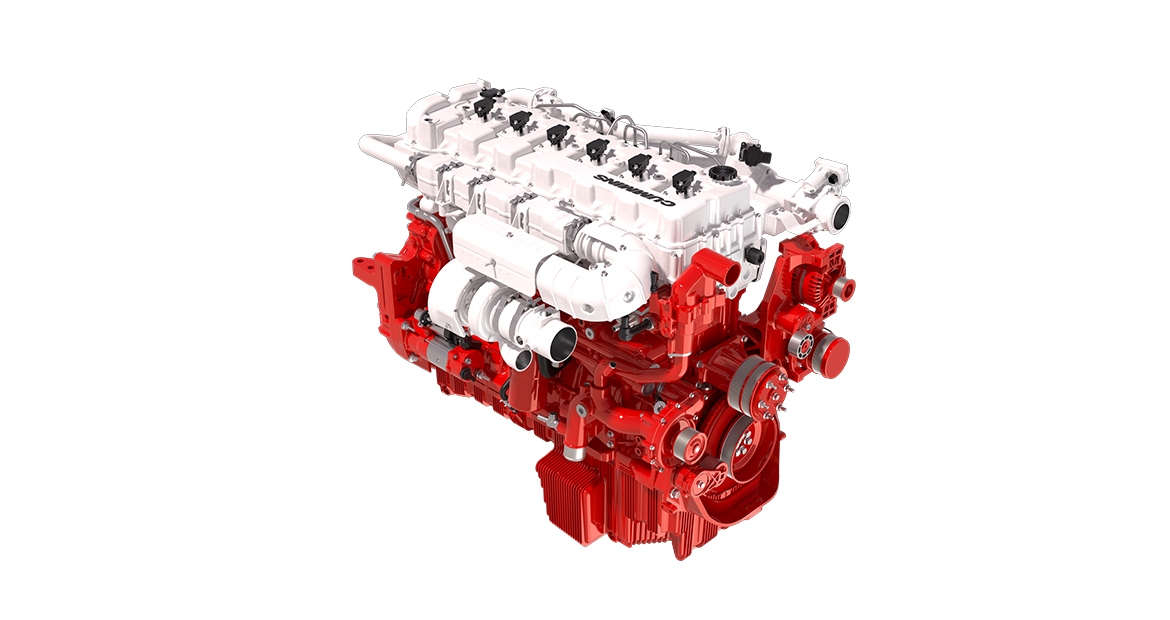 Cummins Fuel-Agnostic Engine Platform capability comes to Con-Expo21 setembro 2024
Cummins Fuel-Agnostic Engine Platform capability comes to Con-Expo21 setembro 2024
você pode gostar
-
 Did You Know Gaming? — Skyrim, Halo, Super Mario Bros.21 setembro 2024
Did You Know Gaming? — Skyrim, Halo, Super Mario Bros.21 setembro 2024 -
 ⭐NEW SHINDO LIFE CUSTOM OUTFITS CODES #34⭐ in 202321 setembro 2024
⭐NEW SHINDO LIFE CUSTOM OUTFITS CODES #34⭐ in 202321 setembro 2024 -
 Does The Crew Motorfest have crossplay?21 setembro 2024
Does The Crew Motorfest have crossplay?21 setembro 2024 -
 Prime Gaming on X: Hey everyone, if you're having issues claiming21 setembro 2024
Prime Gaming on X: Hey everyone, if you're having issues claiming21 setembro 2024 -
 Category:Dominus, Mining Simulator Wiki21 setembro 2024
Category:Dominus, Mining Simulator Wiki21 setembro 2024 -
Download and play Guide Ice Cream 5 Horror Neighbor on PC with MuMu Player21 setembro 2024
-
 Pizza de Maçã, Gorgonzola e Calabresa - Massa Madre Blog21 setembro 2024
Pizza de Maçã, Gorgonzola e Calabresa - Massa Madre Blog21 setembro 2024 -
 Hq characters in online classes Haikyuu anime, Haikyuu funny21 setembro 2024
Hq characters in online classes Haikyuu anime, Haikyuu funny21 setembro 2024 -
 3-Year-Old Prodigy Plays Against Chess Grandmaster Anatoly Karpov, Game Ends In Adorable Outcome21 setembro 2024
3-Year-Old Prodigy Plays Against Chess Grandmaster Anatoly Karpov, Game Ends In Adorable Outcome21 setembro 2024 -
 I migliori film anime su Netflix21 setembro 2024
I migliori film anime su Netflix21 setembro 2024